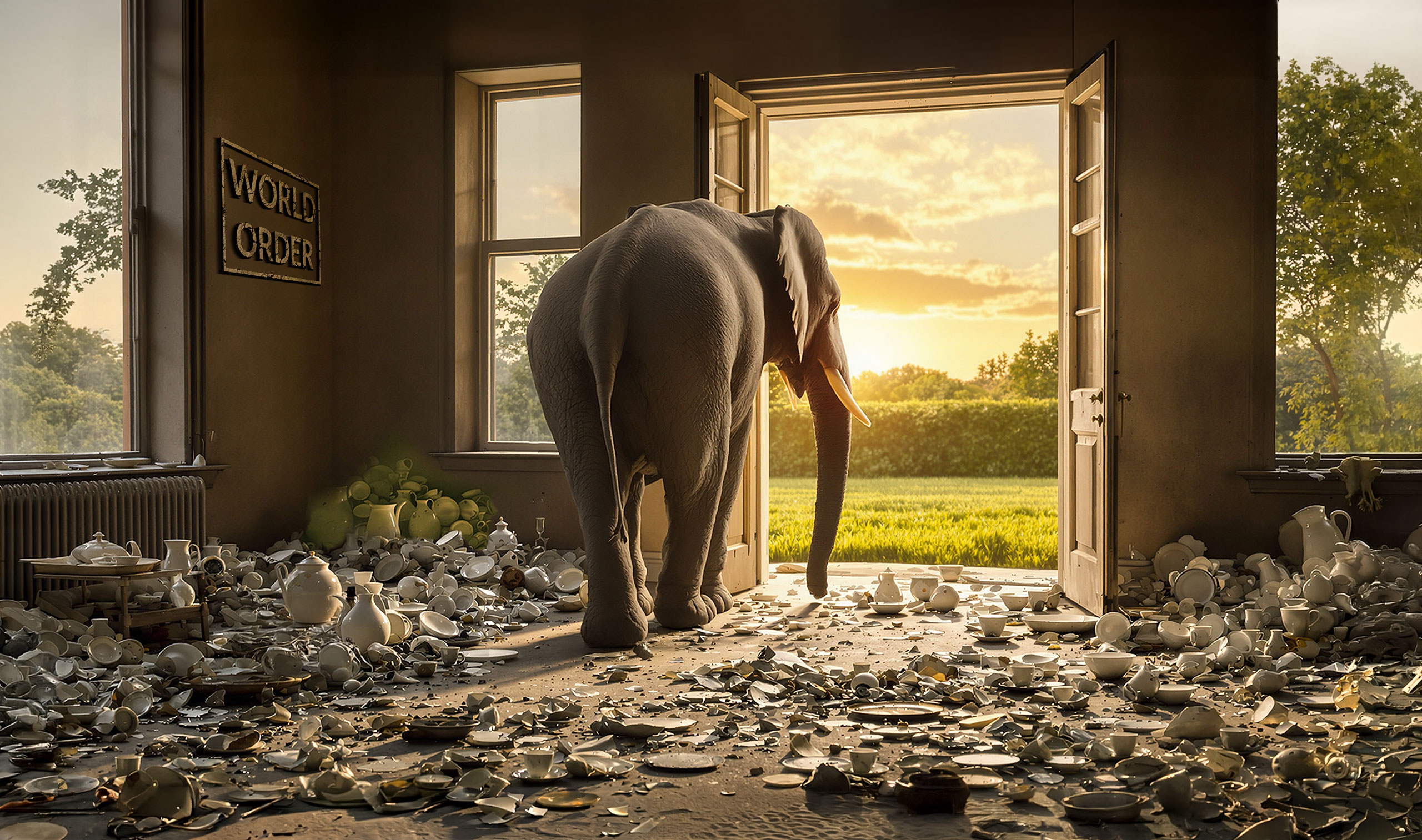NEW PARADIGM
Forum newsletter: One week to go until the Berlin Summit 2025
From our Forum New Economy newsletter series
BY
THOMAS FRICKEPUBLISHED
30. MAY 2025READING TIME
2 MIN
Dear friends and colleagues,
It remains uncertain how – and where – the developments currently making headlines under the US President’s lead will ultimately unfold: from trade conflicts and tariff threats to the dismantling of climate policy and radical ideas about abolishing the state. Yet one question is already pressing: How should the world be shaped afterward – if a simple return to the failed market-liberal paradigm of the 1980s to 2000s is not an option? Could the current shock perhaps even prepare the ground for a major collective leap toward something better? That is exactly what leading experts and practitioners will explore over three days next week at the Berlin Summit 2025, held just outside the German capital.
On June 13, starting at 10 a.m., Adam Tooze from Columbia University will open the event with a keynote address.
What kind of economic model could offer better protection against the downsides of globalization than Germany’s former, highly open export surplus model? How can we better absorb China- and transformation-related shocks? These questions will be discussed using Germany as a case study by the American economist Brad Setser, Dutch economist Servaas Storm, Margherita Russo from Italy, and Dalia Marin from TU Munich – moderated by Felix Lee of the Süddeutsche Zeitung. Addressing the German challenge: starts at 10:30 a.m.
Is the turning point finally coming, thanks to Germany’s departure from austerity? And does that also mark the beginning of a new European fiscal policy – one that finally invests more in the future? Starting at 11:45 a.m., Jérôme Creel from OFCE Paris, Anke Hassel from the Hertie School, former Spanish State Secretary Nacho Alvarez, and Holger Schmieding from Berenberg Bank will discuss these issues. Also invited: a representative of the new German government – to be confirmed. Title: Leaving German austerity behind – A new fiscal age for Europe.
It seems obvious that protecting national interests through chaotic tariff policies doesn’t work. But how, in a better world, should it be regulated that governments have a legitimate interest in producing strategically important goods domestically – something hardly compatible with the old free-trade logic? That is the topic starting at 2:00 p.m. Initial concepts will be presented for a new cooperative approach to reconciling global trade with industrial policy – without risking trade wars: From trade war to a new cooperative global governance? Panelists include Katrin Kamin from Siemens, Guy Lalanne from the OECD in Paris, and Nancy Qian from Northwestern University.
From 3:30 p.m. onward, the Berlin Summit will host a marketplace of (further) new ideas for a future economic order – along with short highlights from the first two days of the Summit (June 11 and 12), where prominent roundtables discussed topics such as discontent with democracy, the role of migration policy, experiences with regional industrial policy, and climate policy focused much more on positive incentives. And, of course, the significance of last year’s Berlin Declaration in these new times of crisis – as a basis for a new order going forward.
To close the day, James Galbraith from the University of Texas and transformation researcher Maja Göpel will explore the role that more fundamental new thinking could play in achieving a more stable economy – in a joint keynote. Topic: Designing a new economic framework. The official program concludes at 5:00 p.m.
All this will take place live and in person at Landgut Stober near Berlin.
Details on the Berlin Summit 2025, the logistics, and registration can be found here. The Summit will be held in English. And: parts of the Summit will be livestreamed. Still have questions?
Have a great weekend
Thomas Fricke and the Forum Team
This text is from our bi-weekly newsletter series. To subscribe, click here.
